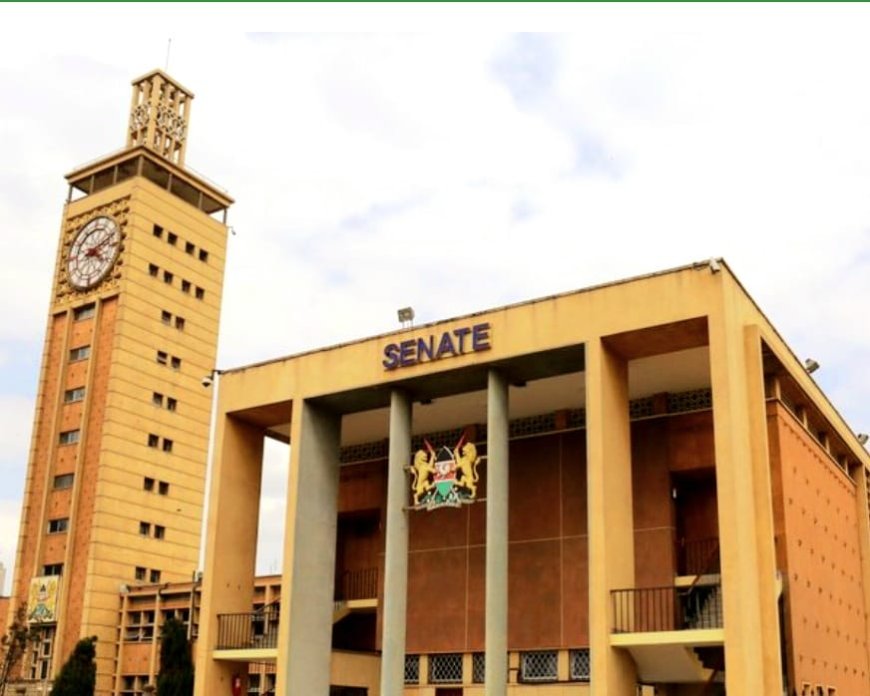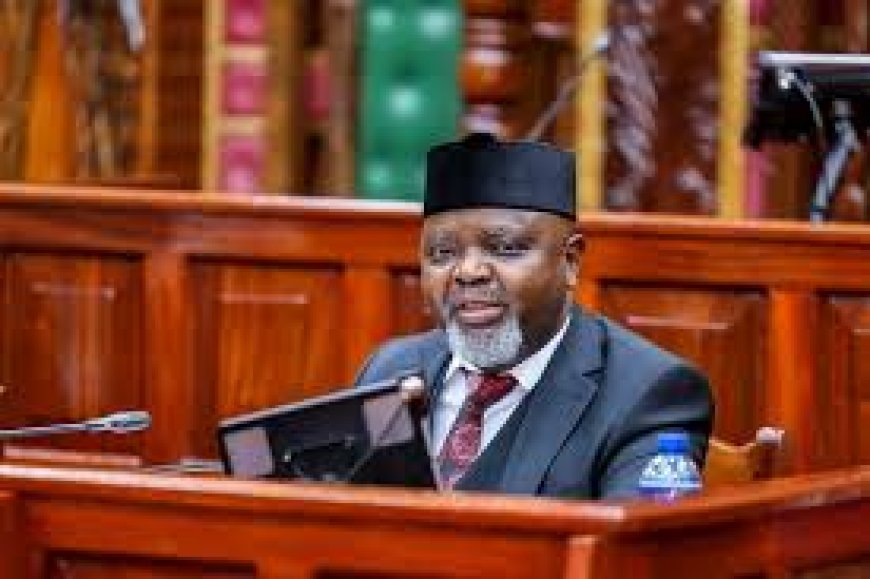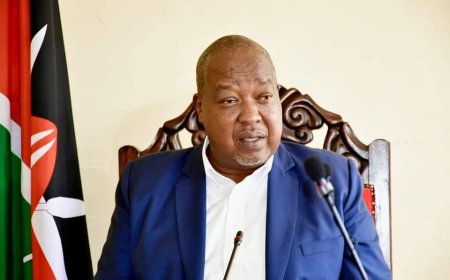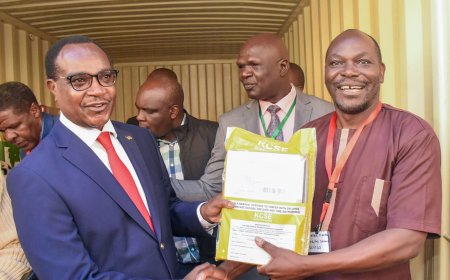Stooges? Not anymore. County Assemblies Gain Financial Autonomy

BY ERIC ABUGA
Last week President William Ruto signed into law a transformative Bill granting County Assemblies Financial Autonomy, effectively making county legislatures control their respective treasuries.
The push to have county assemblies gain financial autonomy had taken a major stride two weeks ago when the House passed the County Public Finance Laws (Amendment) Bill, 2023.
A total of 27 Senators voted for the Bill in the Third Reading with neither opposition nor abstention. The Bill now heads to the National Assembly for concurrence pursuant to Article 110 (4) of the constitution.
Article 110 (4) requires that when a Bill concerning county governments is passed by one the Houses, the Speaker of that House will refer it to the Speaker of the other House for concurrence.
The Bill had been sponsored by Senator Kathuri Murungi, who, in his contribution during the debate, said Members of County Assemblies (MCAs) are not able to execute their oversight work because they lack resources to move around the county.
“Most of the time there is no money in the county assemblies. When they do requisition, they are not able to get the money to carry out their work,” he said, adding that the county assemblies cannot perform if they rely on the governors to give money for their oversight role.
“We want to treat the 47 county assemblies the way the national Government treats both Houses of Parliament.”
Money allocated to Parliament in the national budget is shared by the National Assembly and the Senate through the Parliamentary Service Commission (PSC).
“It is us who decide what to do and when. It is only that sometimes the Exchequer releases delay, but we have that autonomy and power to decide on what to do with our programmes. Most assemblies also told me that their staffers undergo manipulation and intimidation.”

President William Ruto (Courtesy)
County Assemblies depend on county executives for their funding which oftentimes are susceptible to multiple delays. The first is occasioned by the National Treasury which delays releasing funds to the counties. The county executives further create a delay in releasing funds to MCAs which hampers the performance of the county assemblies.
Under the County Government Act, the budgets of the county assemblies should not be lower than seven per cent of the county’s total revenue, or twice the personnel emolument whichever is lower.
Senator Murungi had proposed to amend Section 109 of the Public Finance Management Act to establish a County Assembly Service Fund. The Fund will be established in each of the 47 county assemblies and is meant to separate funds for the running of county assemblies from those of county executives.

The Senate Speaker Amason Kingi (Courtesy)
The Fund is established under the Public Finance Management Act in order to provide the required financial independence for the 47 county assemblies. The law will address the void that has left county assemblies at the whims of the Governors as they seek money to meet their administrative expenditures.
The Bill designates the Clerk of the County Assembly as the administrator of the Fund and his mandate will be to ensure that the earnings and accruals are retained in the Fund and spent only for the purposes for which the Fund will be established.

Senato Kathuri Murungi, The Deputy Speaker (Courtesy)
Making the Clerk the administrator of the Fund will further enhance the independence of the county assembly because currently he has no powers on matters to do with finances at the county executive.
The Act gives the clerk the powers and will be answerable to the County Assembly Service Board (CASB). Clause 6(7) talks about the role of the administrator in seeking approvals from the Controller of Budget (COB) before withdrawing money from the fund.
Key Provisions:
County Assembly Fund:
A separate fund will be established for each county assembly, enabling them to finance their operations without interference from the executive.
Accounting Officer:
The Clerk of the County Assembly will be the accounting officer of the fund.
Direct Funding:
County Assemblies will receive funds directly, reducing their dependence on county executives and promoting effective oversight.
Benefits of the Act;
• Enhanced Oversight:
Financial autonomy will enable county assemblies to exercise effective oversight over county executives, promoting transparency and accountability.
• Improved Governance:
By separating financial powers, the Act aims to reduce conflicts between county assemblies and executives, promoting better governance and decision-making.
• Strengthening Devolution:
The Act supports the principles of devolution, empowering county assemblies to deliver services efficiently and respond to local needs.
• Implementation:
This law will significantly impact the operations of county assemblies, enabling them to function independently and effectively.
What's Your Reaction?
 Like
0
Like
0
 Dislike
0
Dislike
0
 Love
0
Love
0
 Funny
0
Funny
0
 Angry
0
Angry
0
 Sad
0
Sad
0
 Wow
0
Wow
0


















































